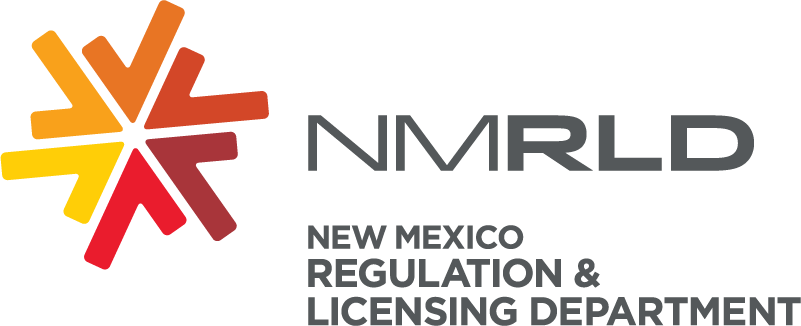Best Practices for Investing
Have a Financial Plan
You must have a financial plan that is reasonable based on your current and future personal financial needs and goals. Your investments should be chosen on the basis of your investment knowledge and individual time horizon. Do not invest in products that you do not understand. You must revisit your plan periodically to determine what, if any, adjustments need to be made.
Investment Professional
If you enlist the aid of an investment professional, you should understand the extent of the services offered as well as all charges associated with the service. You should always conduct a background search on the company and investment professional to determine if there is any material information that would prevent you from engaging them.
Educate Yourself
No matter your level of investment knowledge or if you rely on the advice of an investment professional, you must continually devote time to educate yourself on investment opportunities presented to you. You should ask questions, read the offering prospectus and product brochures, and conduct your own research. You should understand costs, such as sales charges, redemption penalties, margin interest and account fees for setup and termination, and any annual fees. You should also make sure you understand the level of volatility in your investments and how each investment fits together as part of your overall diversified portfolio.
Monitor Your Investments
You must review each account statement for activity. You should address in writing any unauthorized activity immediately to the home office of the company. You should meet periodically with your individual investment professional to review your account and review all recommended changes in investments
